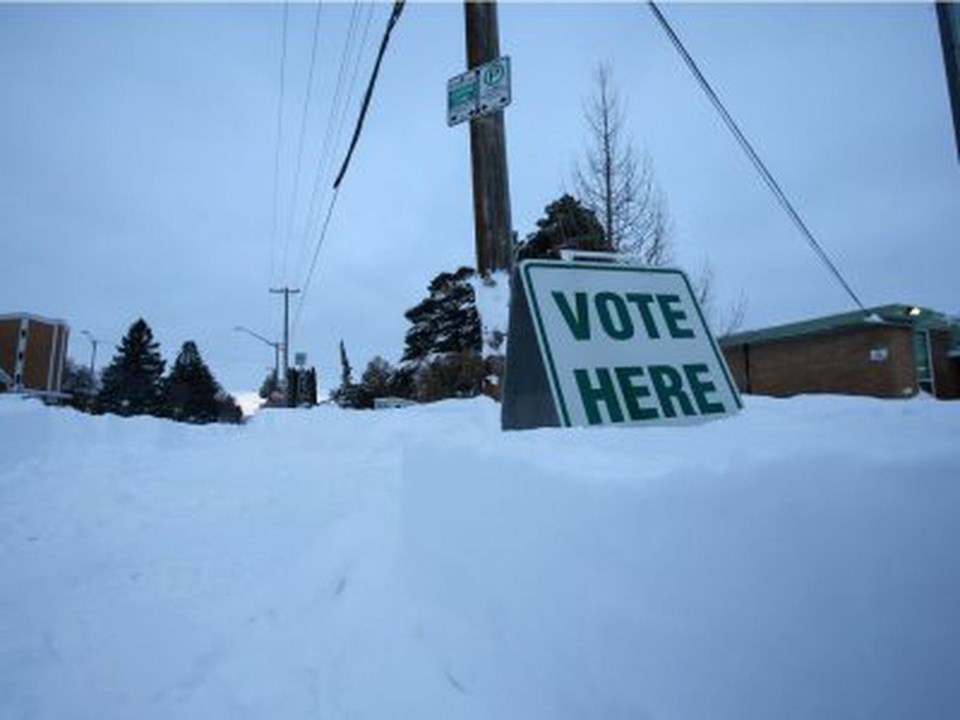SASKATOON - After much discussion and debate, the Saskatchewan government has introduced a bill offering “a few process improvements” to the province’s local elections act, affecting municipalities and school divisions.
Notably, in case of emergency or bad weather, returning officers will be able to temporarily postpone an election.
The amended law will also make it easier to set up polling places in hospitals and personal care homes, and will require all municipalities to hold at least one advance poll.
Brekke Masse, administrator for the RM of Wood River, hopes these changes will make it easier for all eligible voters to cast a ballot; low voter turnout is an ongoing concern.
“The last time we had an election, of the 70 or 80 people that were eligible to vote, I only had about a third of those people come out,” she said.
She is glad returning officers will be able to delay the election in case of safety concerns.
“I think this will be well received,” she said. “It gives us that much more direction on what we can do in the event that there was a storm and it had to be delayed.”
Saskatchewan School Boards association president Jaimie Smith-Windsor agreed.
“We’ve heard from our members that there were disruptions (on election day) in the past, and I think if it’s safe and accessible for voters to get to the polls, that’s a good thing,” she said. “We are pleased with that additional flexibility so that, when there are challenges related to inclement weather, there’s a mechanism in place to make sure voters are safe and still have access to the polls.”
However, this bill will not change the scheduled date for the municipal elections.
Saskatchewan chief electoral officer Michael Boda had recommended moving the local election dates after the 2016 provincial vote, noting that voters in 2024 will be casting ballots for their local representatives only two weeks after voting for their MLAs.
In a news release, the provincial government said it has declined to change the dates for municipal and school board elections “to keep consistency across the province.”
“This will result in coordination, improved public awareness and the ability for voters to vote for school boards at the same time as municipal councils,” the province said.
Overall, Smith-Windsor said school divisions are pleased that the municipal elections in 2024 will be held at the same time of year as they have been in the past.
“For school boards, this was a question about voter engagement, and there was a concern that changes to the dates would create misalignment,” said Smith-Windsor.
But other groups in the province have serious concerns.
Randy Goulden, president of the Saskatchewan Urban Municipalities Association (SUMA) and a city councillor in Yorkton, said she is “very disappointed in the province’s decision not to change the municipal election dates.”
She said having the municipal election fall so close to the provincial election increases voter confusion and makes it harder to find poll workers, among other concerns.
For Goulden, making it easier for returning officers to delay an election during a storm is important, but insufficient.
“This is just a band-aid solution to hosting the municipal elections at a very, very horrible time of the year,” she said, noting that Saskatchewan is notorious for fall blizzards.
Between now and when the bill is expected to pass in 2023, she said SUMA will continue to “talk about the need for the change” to municipal election dates.
Still, she said the organization is “totally in favour” of other changes in the bill, particularly the greater availability of polls in hospitals and care homes.




